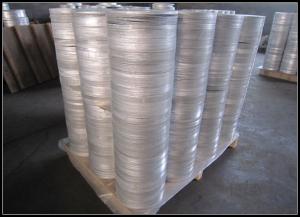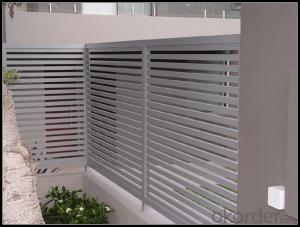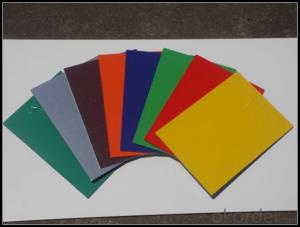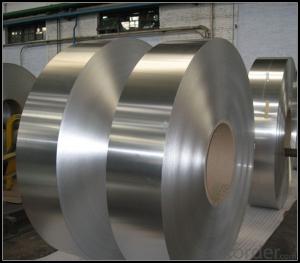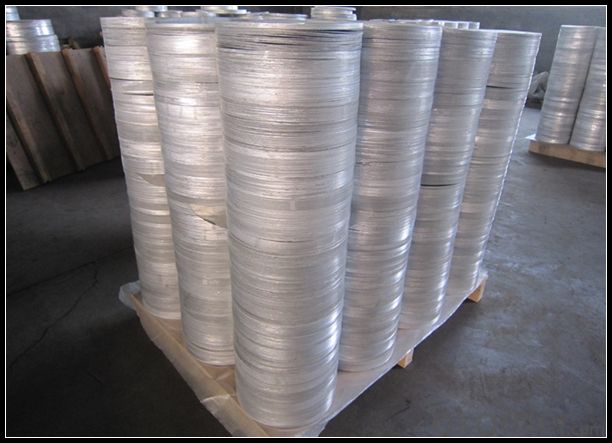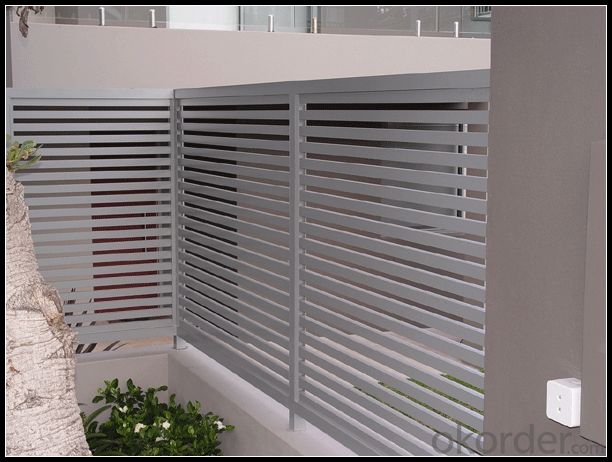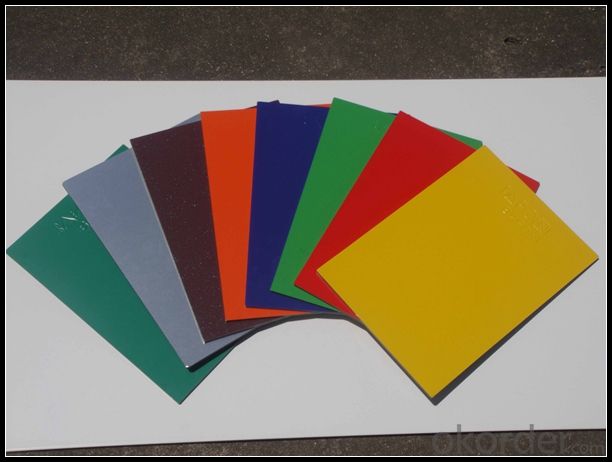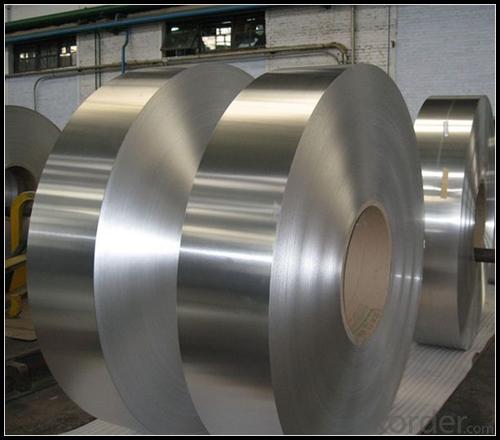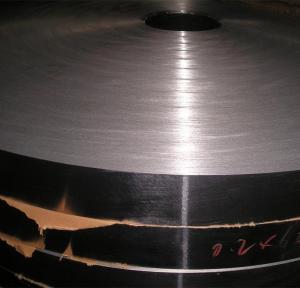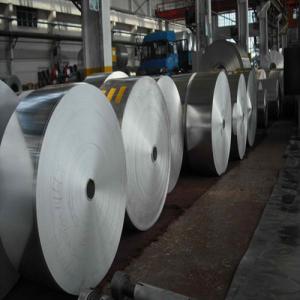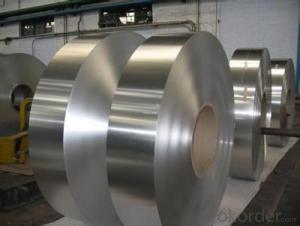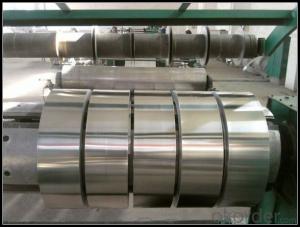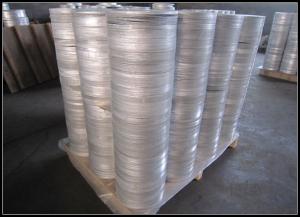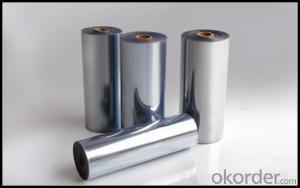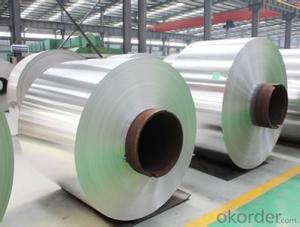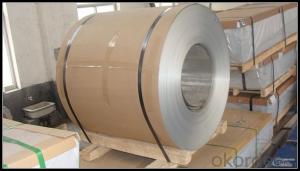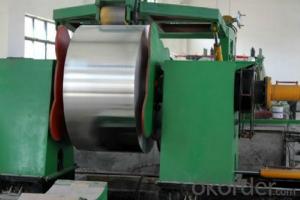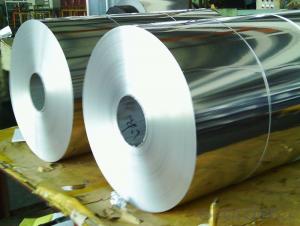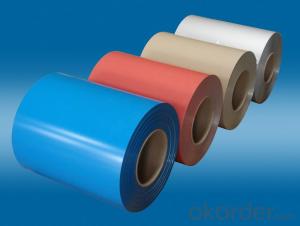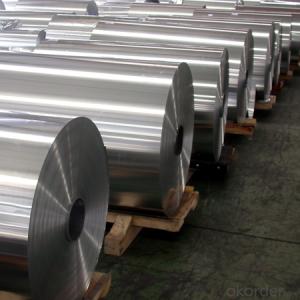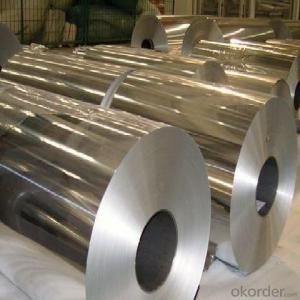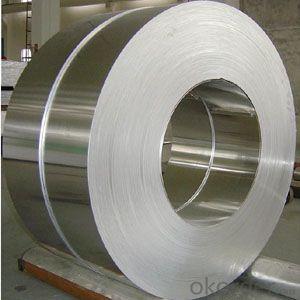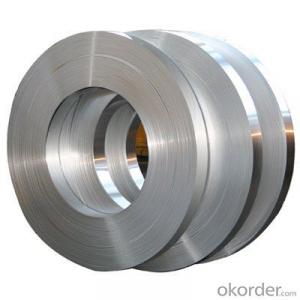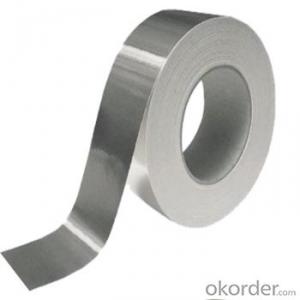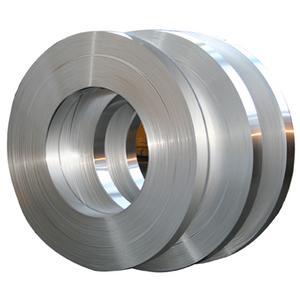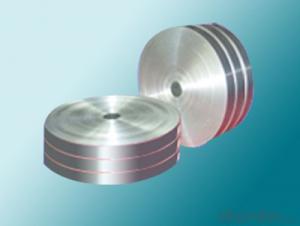Aluminum Ceiling Strips 5052 H26 H24 H32 Plate Coil with Coating
- Loading Port:
- Tianjin
- Payment Terms:
- TT OR LC
- Min Order Qty:
- 1 m.t.
- Supply Capability:
- 4999 m.t./month
OKorder Service Pledge
OKorder Financial Service
You Might Also Like
Specification
1. Specification of Aluminum
1) Alloy | 1050, 1060,1100, 3003 3004 3105 3005 5005 5052 etc |
2) Temper | O/H12/H14/H1/H18/H32/H34/H36/H38//H111/H112/H116/H321/T6/T651/T3/T351 etc |
3) Thickness | 0.1mm to 6mm |
4) Width | 20mm to 3300mm |
5) Coil weight | 100kgs to 6 tons depends on actual requirement |
6) Core material | Aluminum alloy |
7) Coil Inner diameter | 76mm, 152mm,or as required |
2. Application of Aluminum
(1).Alumina
(2).Sulfates
(3).Niche compounds..
3. Feature of Aluminum
Despite its prevalence in the environment, no known form of life uses aluminium salts metabolically. In keeping with its pervasiveness, aluminium is well tolerated by plants and animals. Owing to their prevalence, the potential beneficial (or otherwise) biological roles of aluminium compounds are of continuing interest.
4. Certificate:
SGS and ROHS(if client request, paid by client), MTC(plant provided), Certificate of Origin(FORM A, FORM E, CO), Bureau Veritas and SGS (if client request, paid by client), CIQS certificate
5. Image of Aluminum
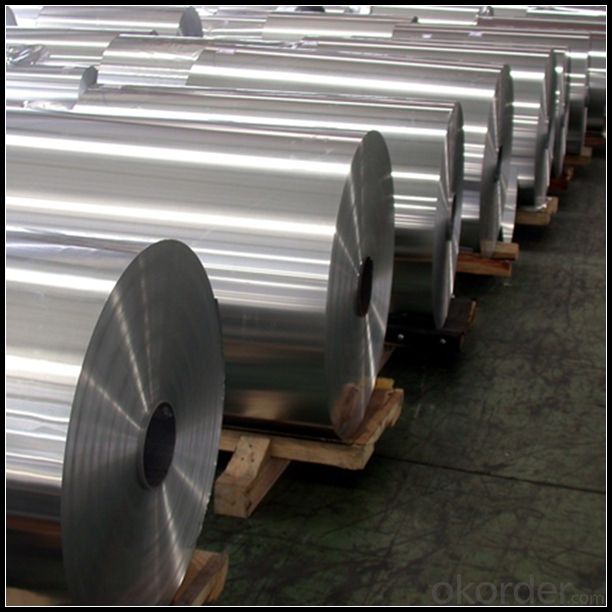
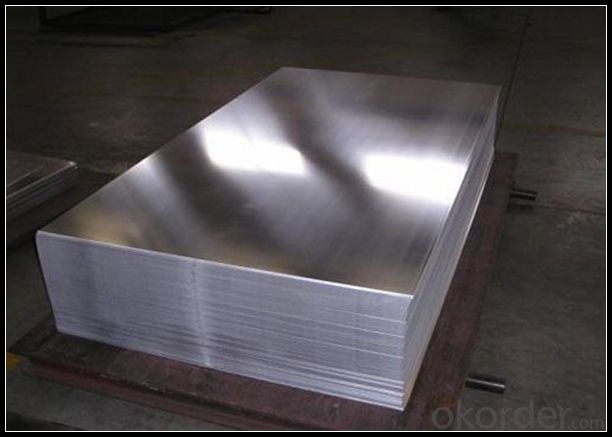
6. Our Service
1. Reply your enquiry in 24 working hours. |
2. OEM, buyer design, buyer label services provided. |
3. Exclusive and unique solution can be provide to our customer by our well traned and professional engineers and staffs. |
4. We can provide free sample for your check |
5. We have the certification of ISO 9001 |
6. Timely delivery |
7. Special discount and protection of sales area provided to our distributor. |
8. Good after-sale service. |
7. FAQ
Q: What is the produce prase? | ||||
A: Normally it would be 40days after received your deposit. | ||||
Q: Can you provide free samples? | ||||
A: Yes, free samples will be sent to you on freight at destination. | ||||
Q: Can I get your latest catalogue? | ||||
A: Yes, it will be sent to you in no time. | ||||
Q: What is the MOQ? | ||||
A: 3 tons | ||||
Q: What are your payment terms? | ||||
A: We accept L/C, D/A, D/P, T/T, West Union,etc. |
- Q: How to distinguish between good and bad aluminum bands?
- Compare the flexibility and strength of aluminium pinch plateThe differential method is simple: take a piece of aluminum buckle, with his hand he bent aluminum buckle not good will easily be bent, and will not return to its original shape, and good bending to aluminum buckle requires effort, and after bending, will rebound to a certain extent, the difference between the strength and toughness this is the aluminum. After the installation of a good aluminum pinch plate, there will be no bending or middle fall.
- Q: What specific tools or equipment are necessary to install aluminum strips?
- <p>To install aluminum strips, you generally need a few basic tools. A measuring tape is essential for accurate placement. A utility knife or a metal cutting tool is necessary for cutting the strips to the correct length. A level is crucial to ensure the strips are straight. A rubber mallet or a hammer can be used to secure the strips in place. Adhesive, such as construction adhesive or double-sided tape, is often required to attach the strips. Safety equipment like gloves and safety goggles should be worn to protect against sharp edges and debris.</p>
- Q: What types of aluminum strips are better suited for specific uses?
- <p>Yes, different types of aluminum strips are more suitable for specific applications based on their properties. For instance, 1100 series aluminum strips are pure and have excellent formability, making them ideal for deep drawing applications. 3003 series strips are commonly used for chemical equipment, shipbuilding, and aircraft structures due to their good corrosion resistance and weldability. 5052 series strips are known for their high strength and are often used in marine applications and transportation vehicles. 6061 series strips are popular for structural applications requiring strength and good corrosion resistance, such as in the construction and automotive industries. The choice of aluminum strip depends on the specific requirements of the application, including strength, formability, corrosion resistance, and environmental factors.</p>
- Q: This question seeks to understand the distinctions among various types of aluminum strips used in roofing and siding applications.
- <p>Aluminum strips for roofing and siding differ in terms of gauge, finish, profile, and coating. Gauge refers to the thickness, with lower numbers indicating thicker strips, offering greater durability. Finishes can be mill finish, anodized, or painted, with painted finishes offering color options and corrosion resistance. Profiles include standing seam, batten, and ribbed, each affecting aesthetics and water runoff. Coating thickness and type, such as Kynar 500 or Hylar 5000, impact weather resistance and lifespan. These factors determine the strip's suitability for specific climates, architectural styles, and budget considerations.</p>
- Q: Is it possible to use aluminum strips as a material for exterior siding on a building?
- <p>Yes, aluminum strips can be used for siding. They are known for their durability, resistance to corrosion, and low maintenance requirements. Aluminum siding is lightweight, easy to install, and comes in various colors and styles, making it a popular choice for residential and commercial buildings. It also has good resistance to harsh weather conditions and does not rot or warp, which are common issues with wood siding.</p>
- Q: This question asks for a comparison of the pros and cons of using aluminum strips as a material for exterior cladding on buildings.
- <p>Aluminum strips for exterior cladding offer several advantages, including their lightweight nature, which reduces structural load. They are also resistant to corrosion, making them suitable for various climates and weather conditions. The ease of installation and maintenance is another benefit, as aluminum is less prone to damage and requires minimal upkeep. Additionally, aluminum strips can be easily recycled, contributing to sustainability efforts. However, there are disadvantages such as the potential for thermal expansion, which can lead to buckling or distortion over time. Aluminum may also dent or scratch more easily than some other materials, and it can conduct heat and cold, potentially leading to energy inefficiency. Lastly, while it is cost-effective in the long run, the initial installation cost can be higher compared to some traditional materials.</p>
- Q: This question asks for methods to prevent rusting on aluminum strips during both installation and use.
- <p>To prevent rusting on aluminum strips, ensure that the aluminum is of high quality and free from impurities. Keep the strips clean and dry during installation and use. Avoid contact with corrosive substances. Apply a protective coating or sealant if necessary. Regularly inspect and clean the aluminum strips to remove any dirt or moisture that could lead to corrosion. In case of scratches or damage, promptly repair and seal the affected areas to prevent moisture penetration.</p>
- Q: This question asks for criteria to determine if an aluminum strip is still safe and effective for use.
- <p>To determine if your existing aluminum strip is still suitable for use, you should check for any visible signs of damage such as cracks, bends, or corrosion. Ensure that the strip is clean and free from any contaminants that might affect its performance. If the strip is part of a mechanical system, check its dimensions to ensure it hasn't warped or lost its shape. Additionally, consider the strip's age and the conditions it has been subjected to, as prolonged exposure to certain elements can degrade its properties. If you're unsure, consult the manufacturer's guidelines or have a professional assess the strip's integrity.</p>
- Q: What is the minimum thickness that can be achieved when manufacturing an aluminum strip?
- <p>There is no absolute limit to how thin an aluminum strip can be made, but the practical limit is determined by the manufacturing process and the intended use of the strip. Modern technology allows for the production of aluminum strips as thin as a few micrometers. However, the thinness is constrained by factors such as material strength, ductility, and the specific application requirements. For instance, in the electronics industry, very thin aluminum strips are used for conductors, while in other applications, thicker strips might be necessary for structural integrity. The thinnest aluminum strips are often produced using techniques like rolling or extrusion, with the final thickness depending on the precision of these processes.</p>
- Q: This question asks whether aluminum strips can be utilized for both indoor and outdoor purposes or just one of them.
- <p>Aluminum strips can be used for both interior and exterior applications. They are known for their durability, corrosion resistance, and versatility, making them suitable for a wide range of uses. In interior applications, aluminum strips are often used for decoration, framing, and structural support. For exterior applications, they are used in construction, automotive, and signage due to their strength and resistance to weathering. Proper surface treatment and coating can further enhance their suitability for outdoor use.</p>
Send your message to us
Aluminum Ceiling Strips 5052 H26 H24 H32 Plate Coil with Coating
- Loading Port:
- Tianjin
- Payment Terms:
- TT OR LC
- Min Order Qty:
- 1 m.t.
- Supply Capability:
- 4999 m.t./month
OKorder Service Pledge
OKorder Financial Service
Similar products
Hot products
Hot Searches
Related keywords
